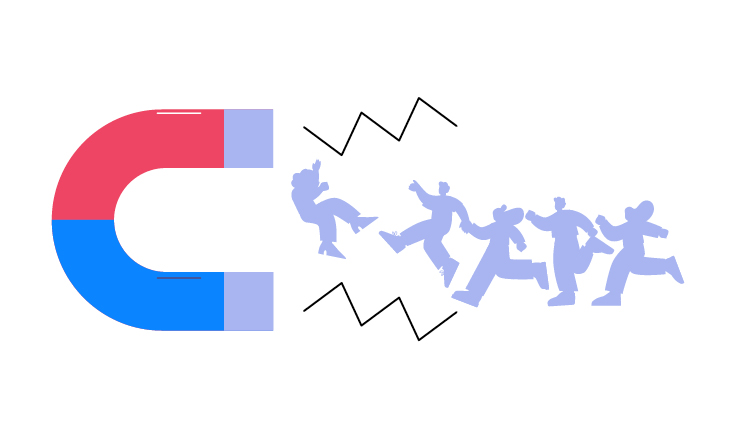Understanding the Insurance Distribution Directive (IDD)
The New Insurance Distribution Directive (IDD), also known as the Insurance Mediation Directive, effective from October 1, 2018, introduced new rules for the distribution of insurance products, unifying key provisions to oversee the insurance market. The IDD’s primary goal is to bolster consumer protection throughout the EU insurance market by promoting professional, honest, and client-centric practices and professionally in accordance with the best interests of customers. While the IDD establishes minimum regulatory standards, Member States are allowed to adopt stricter provisions to regulate insurance distribution more stringently.
This is all, obviously, in the name of a broader customer protection. In general, customers know little about insurance, may not be aware of risks or understand the complexities of an offer, so the protection is a countermeasure to unfair sales practices. It’s about giving people clearly understandable and relevant information about an insurance product, so they can make an informed purchase decision. This means greater transparency in the price and costs of insurance products, clearer information on the products, new business conduct to help customers avoid buying the products they don't actually need...or more options to opt in or out.
For example, the information about possible conflict of interest is obligatory. Distributors must disclose their connections to all insurers or intermediaries, be it in the form of capital or shareholding and voting rights. It has to be clear, too, if an intermediary offers products from many insurers or cooperates with just one exclusively, and how remuneration for the service is constructed.
An integral part of the IDD’s enforcement is the European Insurance and Occupational Pensions Authority (EIOPA). This organization plays a significant role by reporting on the application of the IDD every two years. Such regular surveillance guarantees the IDD’s effectiveness in its mission to augment transparency and consumer protection in the insurance market.








